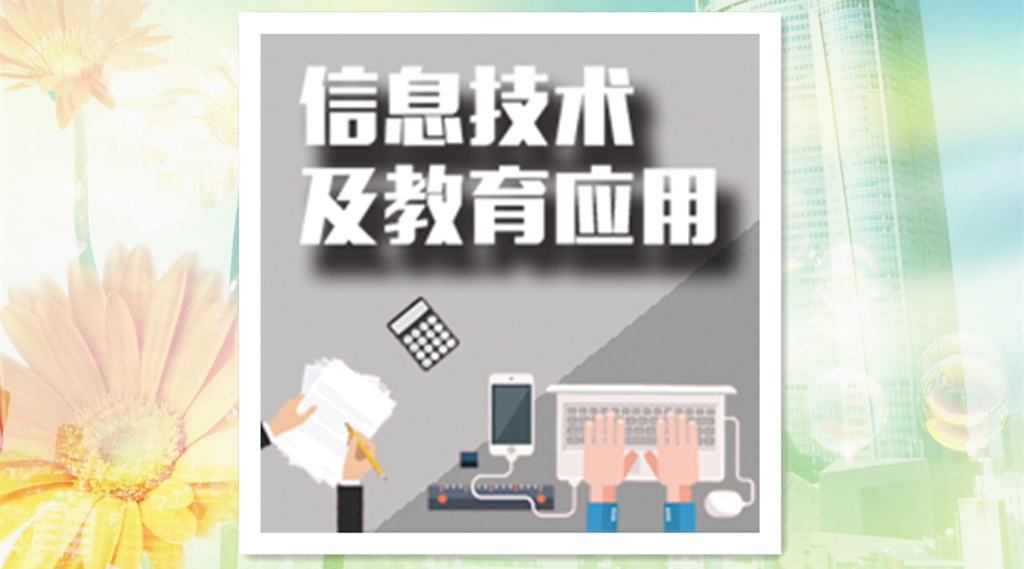
当前课程知识点:Hospitality English > 5 LIERATURE REVIEW AND ANALYSIS > 5.2 Collection and Analysis of Literature > 5.2.3 Analysis of literature
返回《Hospitality English》慕课在线视频课程列表
From this video, we will learn how to analyze literature. What are the steps of literature analysis? What should we pay attention to when analyzing the literature?
We would like to invite you to share some thoughts in the comments section below.
返回《Hospitality English》慕课在线视频列表
文献分析
我们提到了文献处理的6个步骤
如幻灯片所示
这也是文献分析的过程
那么 让我们仔细看看每个步骤的含义是什么
首先 了解文献
了解文献是掌握知识的水平
通常通过如
列出 定义 描述和识别等活动来证明
研究人员必须证明自己
已阅读了该文章并从中提取了有意义的信息
其次 对文献的理解
理解是通过比如
总结 区分 解释和对比等活动来证明的
在这个级别上
研究人员证明他 她 不仅可以重复文章中包含的内容
而且可以知道所报告信息的含义和重要性
让我们看一个例子
语义记忆被定义为基于事实和概念的资料的存储
代表着世界的一般知识 Piolino Desgranges Benali和Eustache 2002
与前者相比
在引用之后
作者增加了对 语义记忆 这一概念的理解
例如 艾菲尔铁塔在语义上与巴黎相关联
第三 应用
通过演示 说明 解决 关联和分类等活动
来演示应用过程
应用过程是典型的两步-两步走的过程
即确定与所考虑主题相关的主要概念
然后将引文放入正确的概念类别中
以下三个表格以概念 方法和理论为中心
说明了应用程序级别的必要活动
该表可用于分析文献
或为文献的应用准备信息
第四 分析
通过诸如
分离 连接 比较 选择和解释之类的活动来证明分析
我们可以看下这个例子
Cohen 1972 提出游客和东道主之间的社会接触的
程度 和 多样性
可以决定两组之间相互影响的程度和方式
根据文献
社会交往的 程度 可以用社会交往的质量来解释
而社会交往的 多样性 可以用社会交往的数量来表示
因此 目前的研究采用
定性和定量两种方法来衡量社会交往
红字表示与引文之间的 联系
第五 综合
综合需要进行诸如合并 集成
修改 重新排列 设计 组成和概括之类的活动
让我们看看这两个例子
示例2合并与集成了引用
最后 评估
评估意味着诸如评价 决定 推荐
选择 判断 解释 区分 支持和结论之类的活动
如示例所示
在描述了Cohen的研究之后
作者编辑了评价语句
其中写道 Cohen的研究开创了先河
并阐明了社会接触与游客对目的地态度之间的关系探索
-1.1 Hospitality and Tourism
--1.1.1 Introduction of hospitality
--1.1.2 Introduction of tourism (1)
--1.1.3 Introduction of tourism (2)
--1.1.4 Basic conception of tourism (1)
--1.1.5 Basic conception of tourism (2)
-1.2 Tourism Industries
--1.2.4 Convention & exhibition
--1.2.5 Entertainment & recreation
-1.3 Nature of Tourism Businesses
--1.3.2 Characteristics of hospitality
--Week 1 Quiz
-2.1 Basic Approaches and Etiquette of Hospitality
--2.1.1 Basic approaches and etiquette of hospitality
-2.2 Meet and Greet at Accommodations
--2.2.3 Know how to offer more
-2.3 Meet and Greet at Other Situations of Hospitality
--2.3.1 At transportation services
--2.3.3 At conventions and exhibitions
--2.3.4 At entertainment and recreation situations
-2.4 Communication Skills of Online Travel Agency
--2.4.1 Communication skills of online travel agency
--Week 2 Quiz
-3.1 Culture and Communication
--3.1.2 The characteristics of culture
--3.1.3 What is communication?
--3.1.5 Myths of communication
-3.2 Barriers to Cross-cultural Communication
-3.3 Cross-cultural Communication
--3.3.2 Cross-cultural verbal communication
--3.3.3 Hofstede's cultural dimensions (1)
--3.3.4 Hofstede's cultural dimensions (2)
-3.4 International Practice in Cross-cultural Communication
--3.4.1 International practice in cross-cultural communication
--Week 3 Quiz
-4.1 Getting to Know Tourism Literature
--4.1.1 Significance of tourism literature
--4.1.2 Proper way to choose for reading
-4.2 Capturing the Main Ideas
--4.2.1 Starting with the title & abstract
--4.2.2 Following the structure to focus
--4.2.3 Identifying topic sentences
-4.3 Accumulating Idiomatic Expressions
--4.3.1 Expressions of defining & categorizing
--4.3.2 The extensive use of passive voice
-4.4 Summarizing Reading & Thinking
--4.4.1 Writing a summary of your readings
--4.4.2 Taking notes of your thinking
--Week 4 Quiz
-5.1 What Is A Literature Review
--5.1.1 The definition and types of literature review
--5.1.2 Systematic approaches of literature review
-5.2 Collection and Analysis of Literature
--5.2.2 Methods of literature collection
--5.2.3 Analysis of literature
-5.3 Content of Literature Review
--5.3.1 Concepts, propositions, and theories
--5.3.2 Conceptualization and theoretical framework
--5.3.3 Operationalization of the research framework
-5.4 Evaluate Your Literature Review
--5.4.1 Evaluation of your literature review
--Week 5 Quiz
-6.1 Basic Structure of MTA Thesis/Project
--6.1.5 Reference and acknowledgement
-6.2 Stages of Completing a Thesis
--6.2.1 Thesis initiation stage - research design
--6.2.2 Thesis initiation stage -research methodology(1)
--6.2.3 Thesis initiation stage - research methodology(2)
--6.2.4 Thesis initiation stage - research proposal
--6.2.5 Thesis writing and completion stage
-6.3 Essentials in Managing a Successful Thesis
--Week 6 Quiz
--Final Quiz
